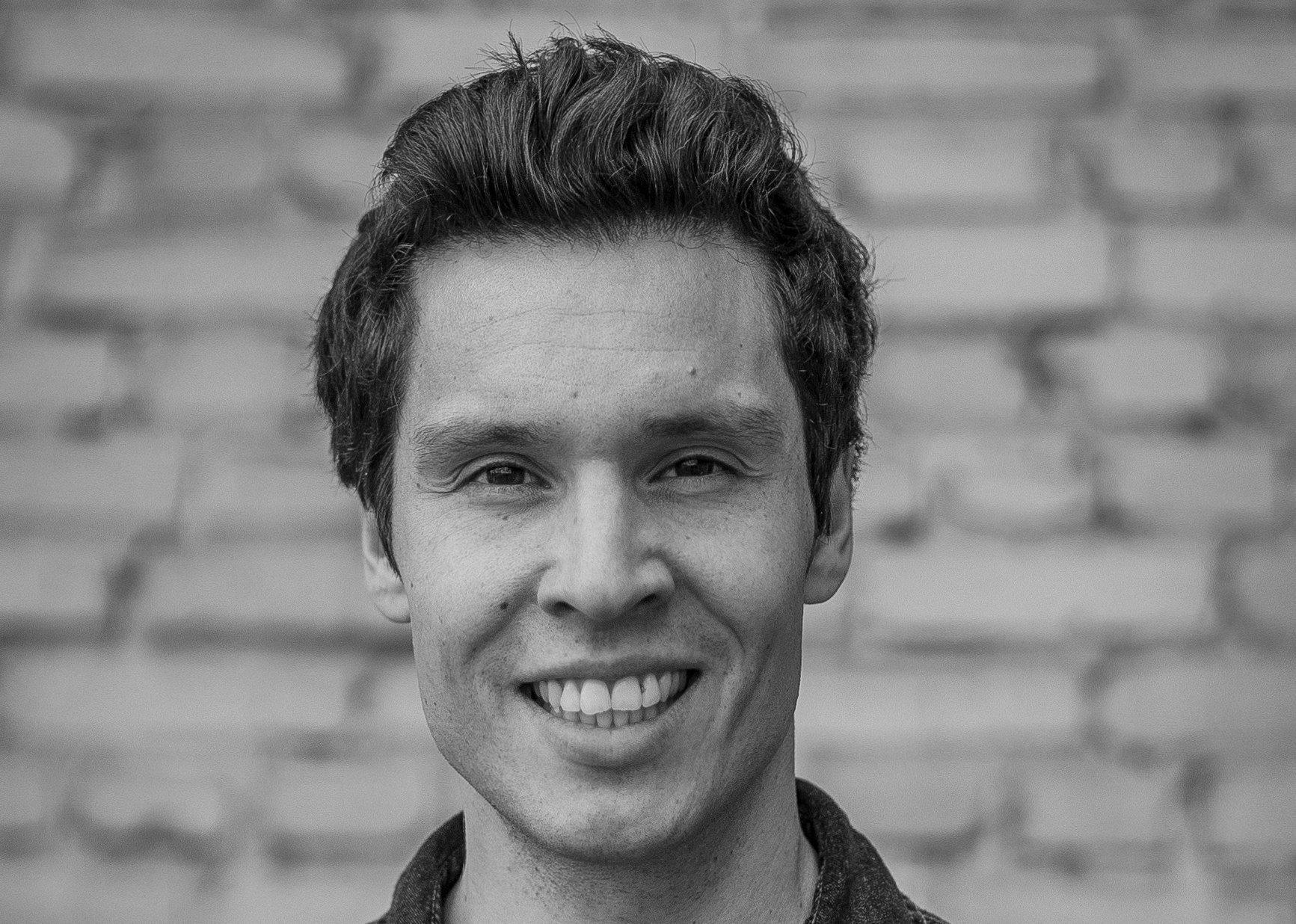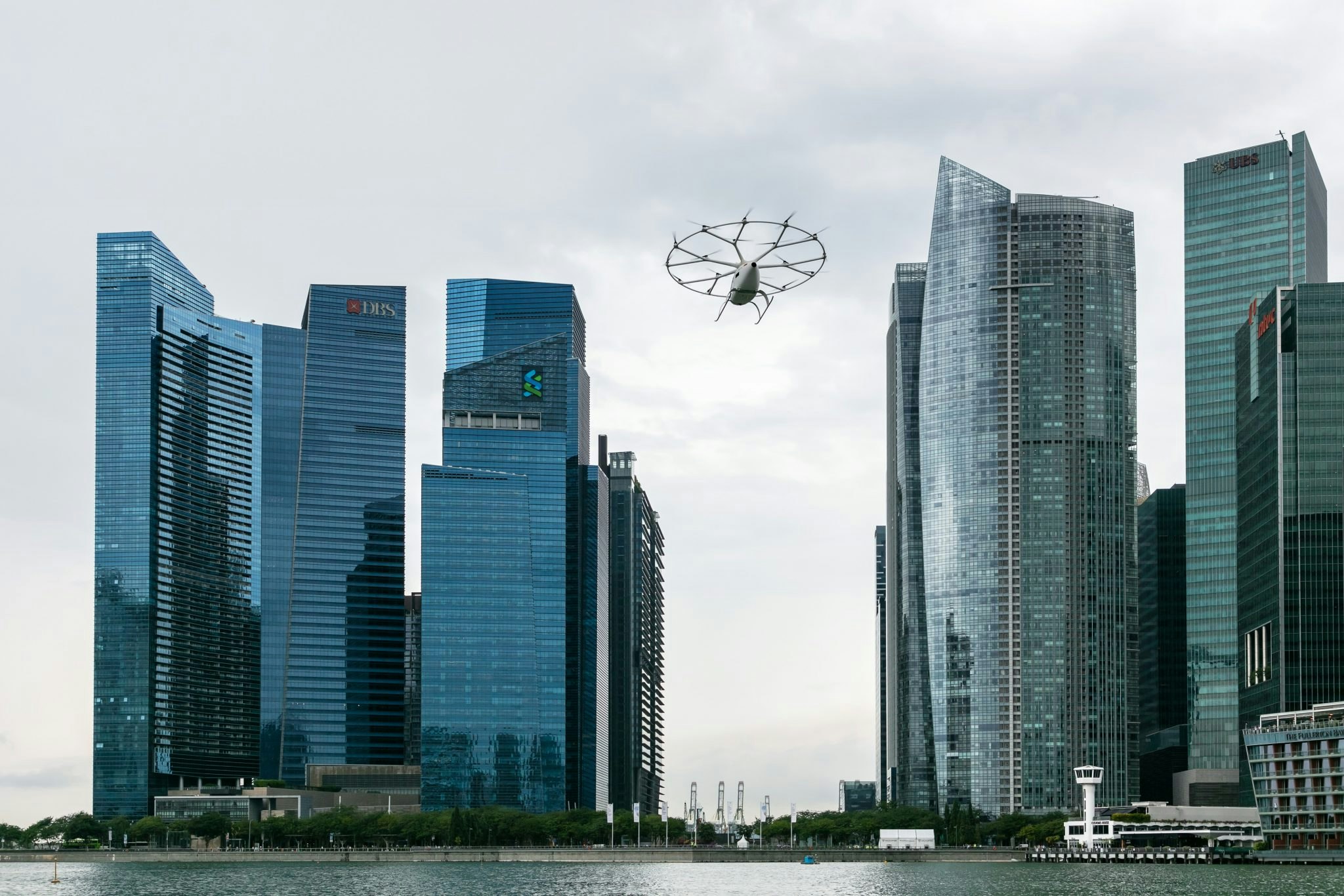When French high-end car rental startup Virtuo expanded to Barcelona in the middle of 2019, about a third of its very first customers were repeat clients. Now, it’s looking to make a rule out of that example to scale across Europe.
“The vision we have is that customers who use Uber in cities around Europe will use us to get out of town on weekends and holidays, wherever they are,” says Karim Kaddoura, co-founder and co-chief executive, in an interview. “A happy customer in Paris will turn to Virtuo in London and rent again with us in Barcelona — there are very interesting network effects across countries and regions.”
There are very interesting network effects across countries and regions.
Today, Virtuo’s app lets consumers instantly rent high-end vehicles by Mercedes, BMW or Fiat and pick them up in a parking lot, or have them delivered wherever in cities in France, the UK, Spain and Belgium.
With 70% of its sales coming from returning customers, the Paris-based startup wants to build on a loyal customer base of urban travellers to expand into Germany and Italy next.
It’s aiming to grab a share of the 10 times a year or so that the average European goes away for the weekend or on holiday, stealing customers from traditional renters with a counter, like Hertz or Enterprise. Those are more often focused on airports than in-city customers, and haven’t developed their digital offerings as much, Kaddoura says.
Virtuo is also looking to set itself apart from car-sharing services like Getaround by keeping its product high-end and professional — its cars are all practically new, maintained by professional cleaners, and include road assistance.
Pitching to investors
That’s the vision Virtuo is pitching to investors as it weighs up a fourth financing round later this year. Founded in 2015, the company has raised €30m in total from investors including Balderton and Iris Capital.
Cofounders Kaddoura and Thibault Chassagne have been working together for 11 years and previously created an online marketplace for selling excess inventory of new cars, called Neowebcar, which they sold to Groupe Argus in 2014. They were wondering what to launch next around the time that Uber started to completely reshuffle the cards in the taxi industry.
People still driving their own cars to go to the theatre within downtown Paris are the last of the Mohicans.
“Uber was making a huge push in France and in the UK then, and it was becoming clearer and clearer that fewer people were going to keep owning personal cars in cities,” Chassagne says in an interview. “People still driving their own cars to go to the theatre within downtown Paris are the last of the Mohicans.”
The average Virtuo user — urban, in their thirties — is in fact not very different from Uber’s. And the pitch to consumers is familiar too: the comfort of a private car without the hassle of having to own it.
Not all Uber
Where Virtuo is different from Uber is on profitability forecasts. In Paris, which makes up more than half of Virtuo’s sales, each rental is profitable.
Virtuo says its app has been downloaded 1m times and it has grown sales, the exact figure of which it doesn’t disclose, by more than threefold last year. It has 100 employees and projects it’ll have about 150 by the end of 2020.
“We’re not a platform, we’re full-stack, with control over our costs and prices,” says Kaddoura. “And car rental is a very profitable business to begin with. We’re out to digitalise that space, with the potential that brings.”
It also helps that suppliers, including carmakers to lease vehicles from, are the same across the region. Regulation of car rentals — minus the chauffeurs — isn’t a prickly matter the way it has been for car-hailing platforms either, according to Kaddoura.
The company is looking to raise money to upgrade its platform, which over the years developed to automate all sorts of tasks and add algorithms to figure out price elasticity and predict demand versus availability of vehicles. It also needs to finance its commercial push into new geographies.
“We don’t have much competition from rivals offering a directly comparable experience,” says Kaddoura. “We have an opportunity to build a European champion.”


